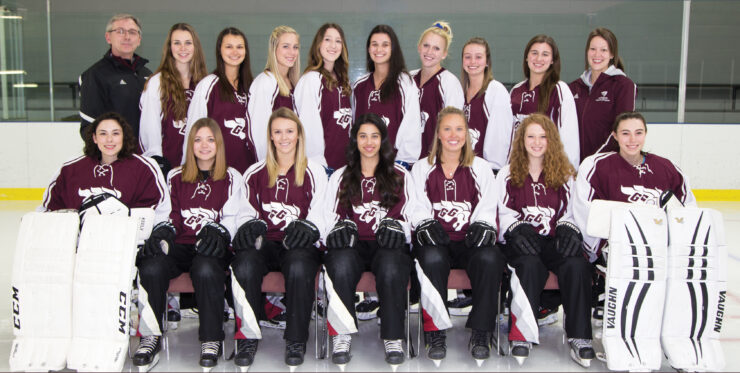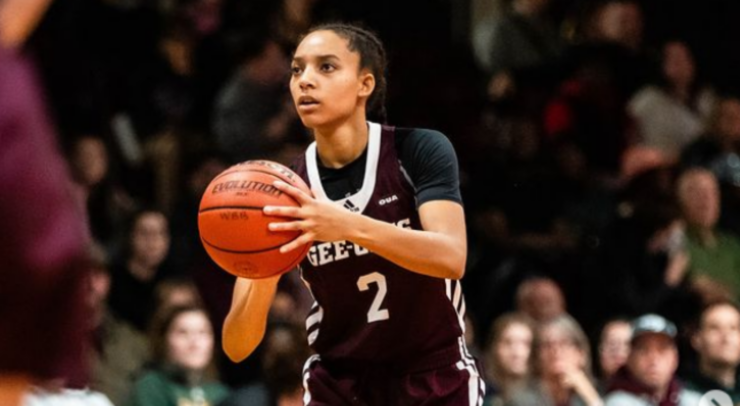A look at the sport psychology of winners, whether Gee-Gees or pros
Photo credit: wikipedia
At the most elite level of sport, we’ve seen a common narrative used to describe athletes who’ve become champions: mental toughness.
Commonly noted as a quality needed to succeed, mental toughness is vaguely defined, with few who know exactly what it entails. Sports psychology is the study and practice of mental preparation in sport. We see sports psychologists now as an integral part of the training staff, a much-developed position in recent times.
Stars like Tiger Woods and Kobe Bryant have both faced adversity in their personal lives, but mental toughness can differentiate between the two, with Woods currently struggling and Bryant using his issues to fuel his game.
Employing relaxation techniques and coaching methods, sports psychologists are used to help athletes overcome adversity, increase mental preparation, and identify issues in their personal lives which might be affecting their performance. During every session, Gee-Gees sports psychologist Raymond Perras says he has purpose when he meets with an athlete.
“The main goal in my work is to help the athlete to become aware of the thought process going on in his or her mind. So, I establish a rapport through listening actively to the state of mind harboured by the athlete.”
Breathing techniques and trying to get back to one’s meditative state are also central tenets of sports psychology. Used with athletes across all sports as the most effective technique to calm down and deal with anxiety and stress, breathing in and out is by far the most widely practised technique. Like many athletes, Gee-Gees track star Sekou Kaba uses breathing techniques to relax before competition.
“Prior to the race, I just put on my headphones and try to take deep breaths in order to focus and visualize the race and what I need to do,” says Kaba.
Visualization and positive reinforcement are also used to regain confidence in the mental preparation of competing. Perras reinforces these ideas when reflecting on his work.
“One fundamental concept is to go back into your past experiences and remind yourself of successful outcomes,” says Perras. “How did it feel to overcome, exceed expectations, nail it, feel on top of the world because you had produced your best result ever. And it can be as little as winning a race in grade school, or beating an opponent at tennis that was supposed to be way better than you.”
Perras says it’s all about focus. To regain confidence, an athlete must work to direct their focus on accomplishments and moments of exhilarating success beyond expectation. With the mental aspects of sport being fused with physical ability, the notion of “total sport” follows the prominence and importance of sports psychology.
As the smallest of competitive advantages separates success from failure, sports psychology continues to shape the results, preparation, and processes involved in training for success.





